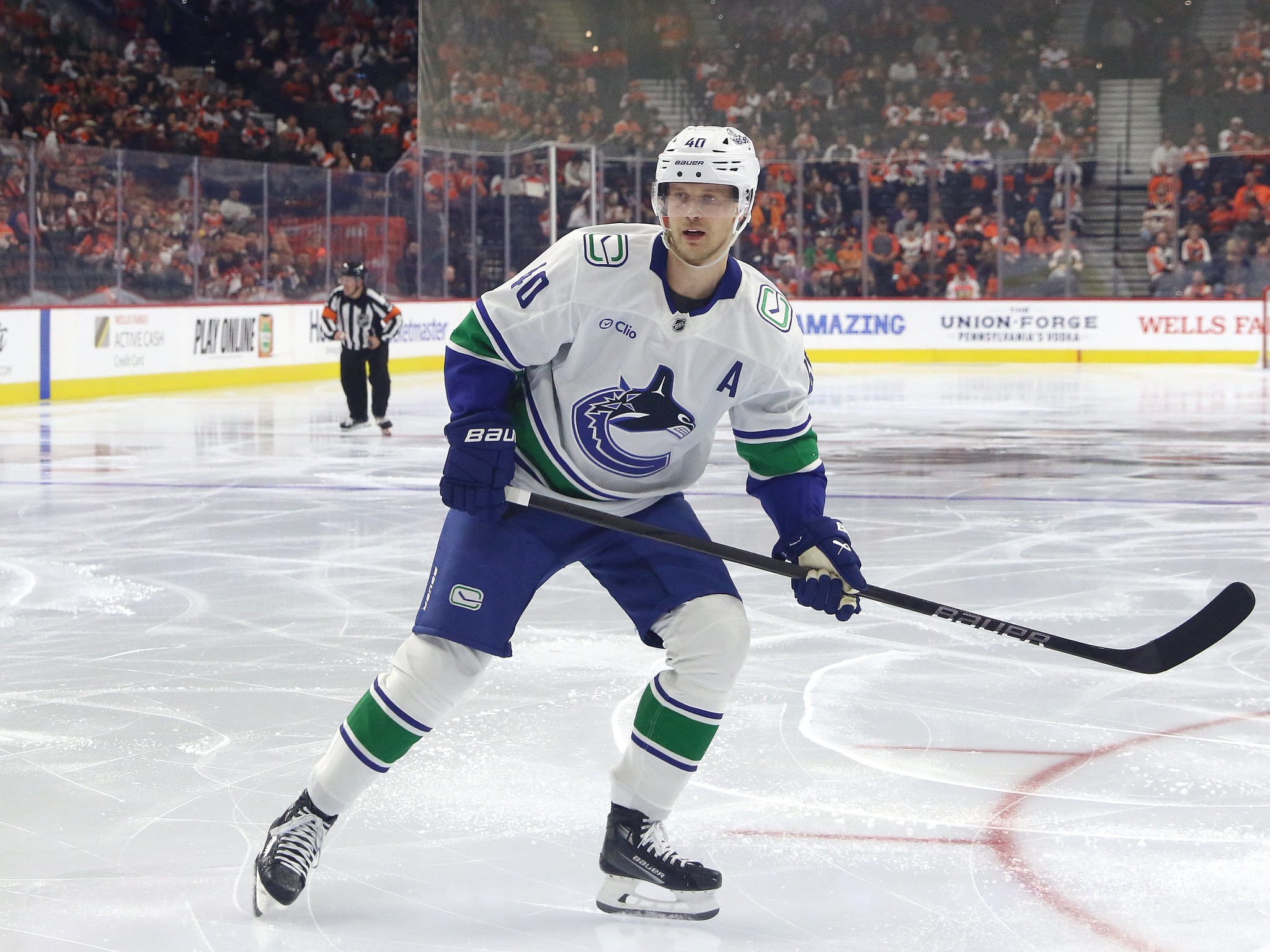

The Vancouver Canucks' 2024-25 season was turbulent, marked by on-ice struggles and reported locker room tensions. As the team looks to rebound, they can learn valuable lessons from Blake Wheeler's experiences with the Winnipeg Jets, both positive and negative, regarding leadership and fostering a healthy locker room environment.
Wheeler, who served as the Jets' captain for several years, has openly discussed the challenges of leading a team, especially in a demanding Canadian market. In a recent interview with Halford & Brough, he emphasized that there's no universal approach to leadership and team building. What works for one player or group might not resonate with another. Wheeler admitted that his own intense, demanding style, while effective for him, sometimes created friction when teammates didn't share the same mindset.
One of the critical takeaways from Wheeler's experience is the importance of open communication. He stressed that quickly addressing issues and misunderstandings is vital to prevent tension from building. Wheeler noted that assumptions, grudges, and frustration stemming from differing approaches can be toxic to a team's chemistry.
The Canucks may have experienced some of these issues last season, with reports suggesting a rift between key players like J.T. Miller and Elias Pettersson. Miller's demonstrative and fiery style reportedly clashed with Pettersson's more reserved and internal approach. This ultimately led to Miller being traded to the New York Rangers. Learning from Wheeler's insights, the Canucks need to prioritize clear and honest communication channels within the team. Encouraging players to express their perspectives and address conflicts constructively can prevent divisions from festering and negatively impacting performance.
Another lesson the Canucks can glean from Wheeler's tenure in Winnipeg is that leadership isn't solely about intensity and high expectations. While a strong work ethic and commitment are essential, leaders must also be adaptable and empathetic. Understanding teammates' individual needs and motivations is crucial for creating a supportive and inclusive environment. Abrasive leadership can backfire, especially with younger players or those who respond better to encouragement than harsh criticism.
The Canucks' current leadership group, including captain Quinn Hughes, needs to cultivate a culture of mutual respect and understanding. This involves recognizing and valuing the diverse personalities and playing styles within the team. Instead of trying to force everyone into the same mold, leaders should focus on harnessing each player's unique strengths and creating a cohesive unit where everyone feels valued and supported. Derek Forbort's recent re-signing with the Canucks, was in part, due to his "strong voice in the room and some impressive leadership qualities". This is a step in the right direction for the Canucks, but more needs to be done to ensure a positive locker room environment.
Furthermore, the Canucks can learn from the Jets' experience by ensuring that leadership is not concentrated in just a couple of players. When Wheeler and Mark Scheifele were perceived as the "top dogs" in Winnipeg, it reportedly created a sense of hierarchy that stifled other players' voices and contributions. Vancouver should empower multiple players to take on leadership roles, fostering a more collaborative and democratic environment. This can involve assigning specific responsibilities to different players or simply encouraging everyone to speak up and share their ideas.
In conclusion, the Canucks can extract valuable lessons from Blake Wheeler's leadership journey, both its successes and failures. By prioritizing open communication, fostering a culture of respect and inclusivity, and distributing leadership responsibilities, the Canucks can create a positive locker room environment that promotes teamwork, accountability, and ultimately, on-ice success.